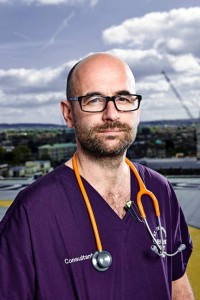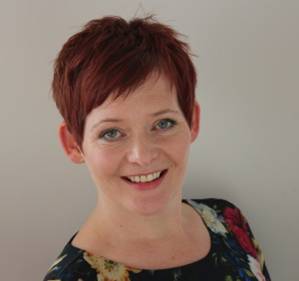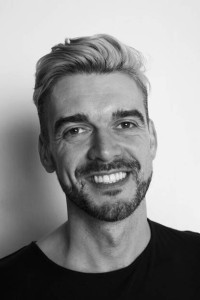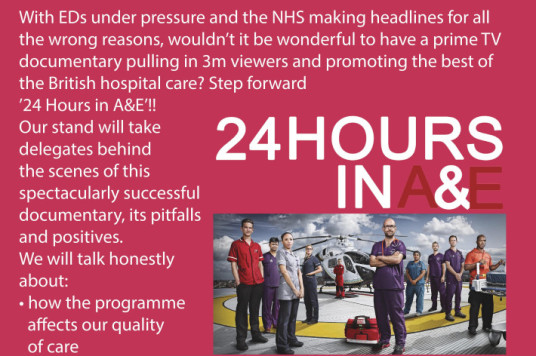Showcasing quality care in television documentaries
Earlier this month, we had a stand at NHS Providers conference in Birmingham to showcase the work related to ‘24 Hours in A&E’ and how this had had an impact on the quality of care. It was a great opportunity to share our experience with other providers – why and how we managed the process of allowing film crews into our busiest department – managing the consent process, address quality of care and why we did it.
Addressing the quality of care, Dr Will Glazebrook, emergency medicine consultant
“As the lead ED consultant on the viewing panel, I get to see the episodes before they are broadcast. This has given me a unique insight into how the team works. I have been really impressed and proud at what I’ve seen…Where there have been examples of care that could be improved, we have been able to address it and also work with the production company to ensure the ‘24 Hours’ continues to showcase the NHS so brilliantly.”
Why we did it, Louise Halfpenny, head of communications
“Hosting ‘24 Hours in A&E’ is not a decision we took lightly… It’s a lot of work behind the scenes; getting the cameras in, making sure staff are happy and organising the viewing panel but the result is well worth it. We spent a long time looking over the filming protocols from a governance point of view and were pleased with how seriously The Garden Productions took consent and issues relating to vulnerable patients. I’d recommend them.”
Managing the consent process, Dr Rhys Beynon, consultant in adult & paediatric emergency medicine
“Knowing that patients had many opportunities to withdraw consent for their story to be broadcast was very important. We worked closely with the production company, who were respectful and didn’t push when we advised on not following up particular patients. No-one was pressured to take part, and although some of the staff were a little nervous to start with, we didn’t hesitate when the cameras came back for a second time. It has been a very positive experience and we’ve been pleasantly surprised at how willing patients are to be filmed. For some, participating is part of their recovery. The episodes document turning points in their lives. For those who have passed on, the programmes are a very warm tribute and have been much appreciated by relatives.”
A full presentation is available for sharing and commenting on Slideshare.





